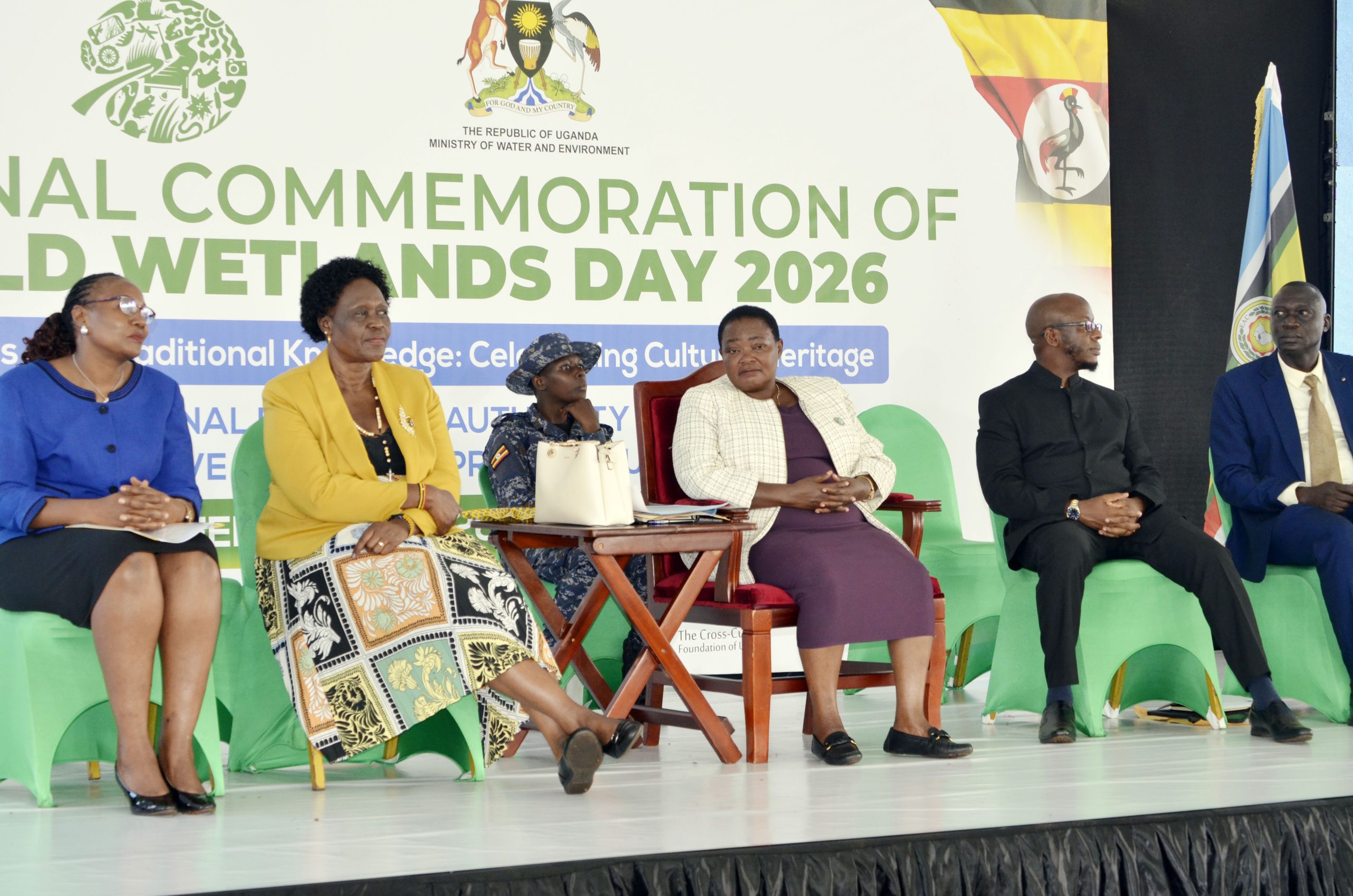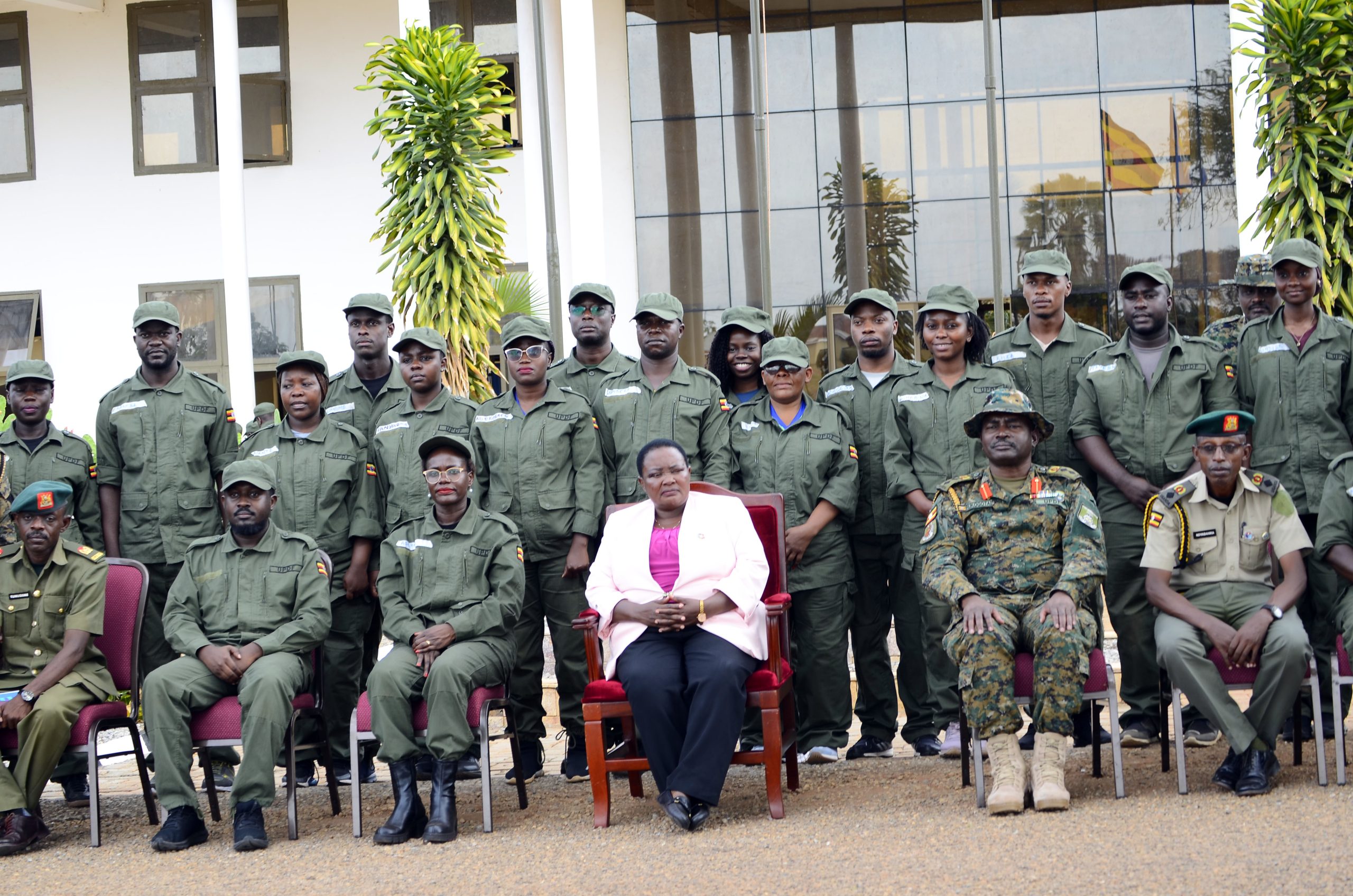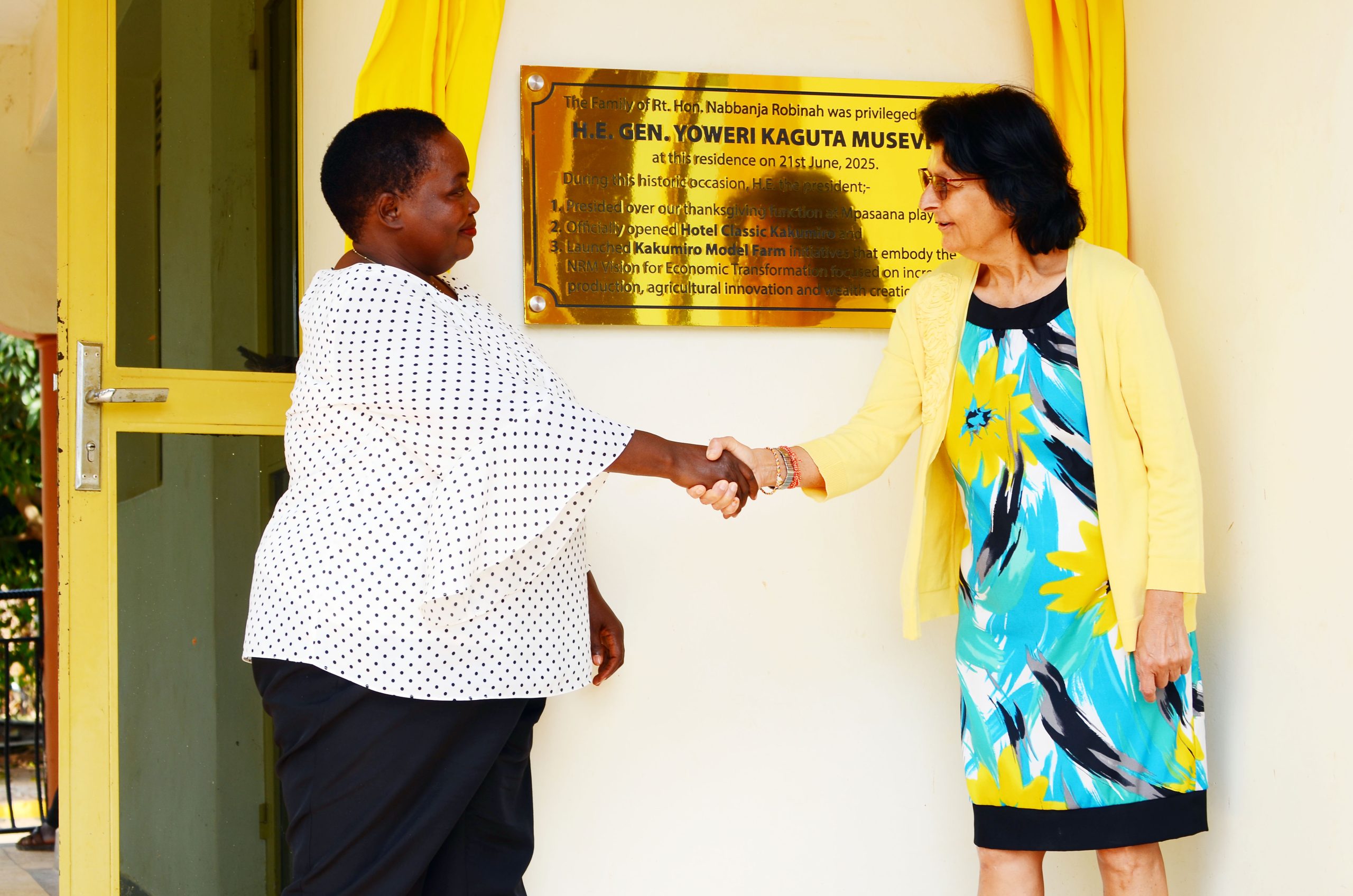By: Ismael Kasooha
KAMPALA
The United Nations (UN) has set priorities for Uganda for the year 2023 through the Sustainable Development Framework .
“We are prioritizing Development of key agricultural value chains, Promotion of job creation with a focus on sustainable livelihoods, youth and skills, improving access to finance for Small and Medium Enterprises (SMEs) in Agriculture and other sectors, Improved disaster risk mitigation and early warning and Strengthening partnership with research institutions and the private sector on climate and energy,” according to the UN Resident Country Coordinator Susan Ngongi Namondo.
Governance, health, emergency response, climate action and institutional capacity strengthening are key in the operations of the UN.
Namondo reiterated the UN’s continued cooperation with the Ugandan government to push forward the development agenda because of the commitment exhibited by the government of Uganda.
“The UN is happy with the Strong leadership demonstrated in dealing with Ebola and other disease outbreaks in the country and we shall continue partnering with the government,” said Namondo.
She noted that more joint coordination will enhance cost effectiveness and delivery efficiencies on all national development programmes. She added that the resource envelope for the cooperation framework (CF) 2021 -2025 was US$1.1Bn and Expenditure (delivery) to date (2021 to 2022) was US$602.6Mn.
Namondo was making a presentation during the Joint Steering Committee Review Meeting where she endorsed the annual UN country results for 2022 and adopted priorities for 2023.
The Joint Steering Committee is the highest authority that implements the UN Sustainable Development Cooperation for Uganda 2020/25 framework and was held at the Office of the Prime Minister in Kampala.
Under the human wellbeing and resilience component, it was reported that 229 state and non-state institutions were supported to implement programmes or initiatives addressing values and practices that promote Gender Equality and Women Empowerment (GEWE), human rights, equity, and non-discrimination.
Additionally, 16 million people had been reached with campaigns challenging harmful gender and cultural social norms and promoting positive values and practices and 214 communities publicly declared the abandonment of gender Based Violence (GBV) and harmful practices, including child marriage and Female Genital Mutilation (FGM).
In the field of training,126,310 adolescents and children gained life skills on gender-equitable norms, gender transformation and SRH issues while 78 public and private institutions supported to put in place policies and procedures to address sexual harassment and violence in the workplace.
8 key policies and strategies to advance gender equality and non-discrimination at national level and 11 at sub-national levels were adopted.
The report indicated that 2,886 children’s cases had been fast-tracked, of which 2,202 were disposed of.
A strategy for Institutionalization of a specialist Justice for Effective Management of Gender Based Violence (GBV) cases was developed.
Other areas of focus for 2022 were Access and Administration of Justice Institutions where Automation of Judiciary and support to Alternative Dispute Resolution, there is capacity to collect, store, preserve and present forensic evidence; victim centered adjudication of GBV cases; sign language interpretation and Evidence of increase in cases reaching court from 65,008 in 2021 to 68,405 in 2022.
In the Management of natural resources and protection of ecosystems the report indicates that the Government of Ugandar restored nearly 39,000 hectares of degraded wetland, over 6,600 hectares of degraded associated catchment areas, and nearly 1,200 hectares of forest.
Nearly 11,000 community members were supported with alternative livelihoods to reduce dependence on natural resources.
Under Mitigation and adaptation to climate change and disaster risks docket nearly 21,000 households implemented adaptation and mitigation measures designed to reduce greenhouse gas emissions in energy, forestry, and climate-smart agriculture sectors, 79% of local governments adopted and implemented local disaster risk reduction (DRR) strategies, Crop and livelihood production strengthened through 95 small-scale water management systems and other irrigation schemes and Climate financing boosted with $4.6 million mobilised in 2022.
In the field of Management of natural resources and protection of ecosystems, Fifteen million beneficiaries, including farmers, benefited from strengthened access to reliable weather and climate information while 30% of the target population around the wetland ecosystems improved adaptive capacity.
The Prime Minister Robinah Nabbanja, who moderated the review meeting commended the UN family for its continued support to the government of Uganda in serving humanity.
Nabbanja highlighted the strategic framework targets for the government and called upon UN partners to support government interventions.
“As a country we have launched the Parish Development Model (PDM) which is our flagship programme and we appeal to our development partners to support us so that the 39% of our population still in the subsistence sector can join the money economy,” said Nabbanja.
She said that that the successful implementation of the PDM would greatly contribute to the Sustainable Development Goals aimed at. She asked the United Nations to prioritize water for Karamoja instead of food handouts, which is not sustainable.
“If we can avail water for agricultural production to the people of Karamoja then challenges of food scarcity and famine would be history,” said Nabbanja.
Nabbanja asked the UN partners to plan on how they can assist the EarthQuake prone areas of Kasese and Kabarole to reduce the impacts in case of any eventualities.
A similar meeting was held in May last year, and a number of priorities were identified including support to climate change mitigation.
A number of issues emerged and recommendations made by the development partners.
Voices
Alex Bakunda Byarugaba, the Member of Parliament from Isingiro District, one of the refugee hosting districts, asked the UN to support the government, especially the people of Karamoja, with tractors so that the communities there can increase their production and productivity.
“The practice of giving freebies to the vulnerable communities is not sustainable and we appeal to the UN to start empowering the vulnerable people to produce food for themselves instead of waiting for handouts,” said Bakunda.
The meeting was attended by the Minister for Tourism Maj. (Rtd) Tom Butime, State Minister for Defence Oboth Oboth, State Minister for ICT Godfrey Kabyanga and senior members from the UN family.
End





